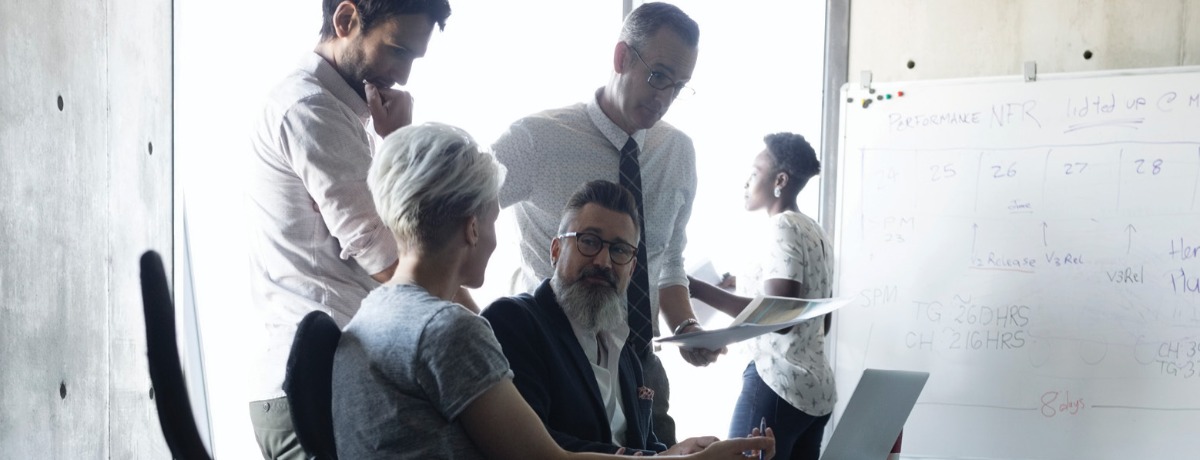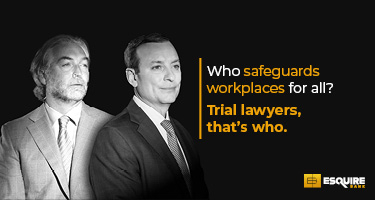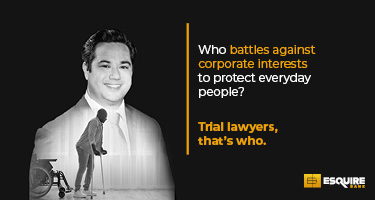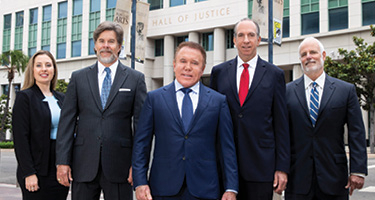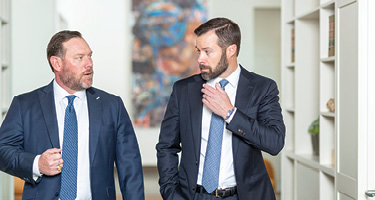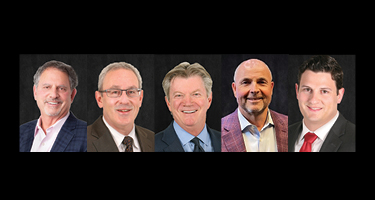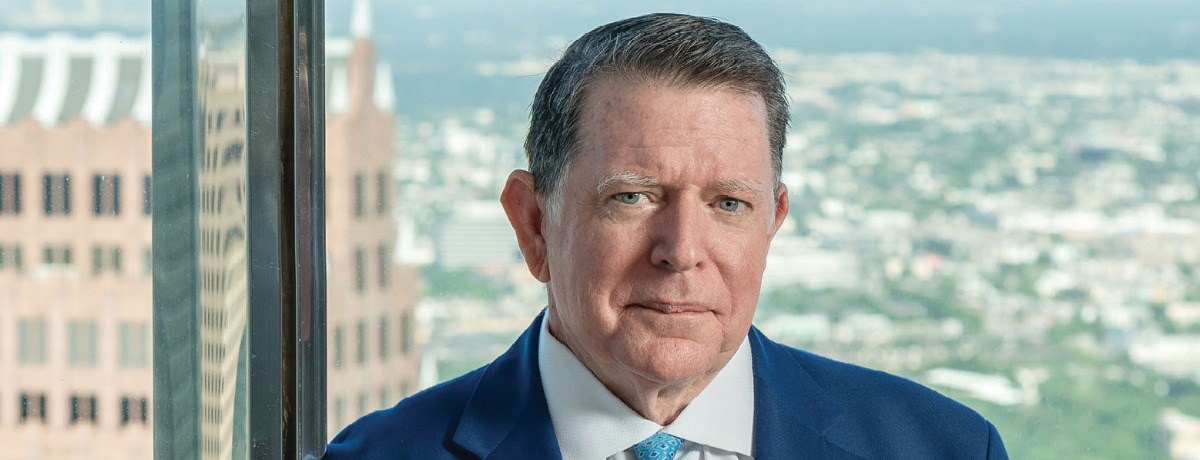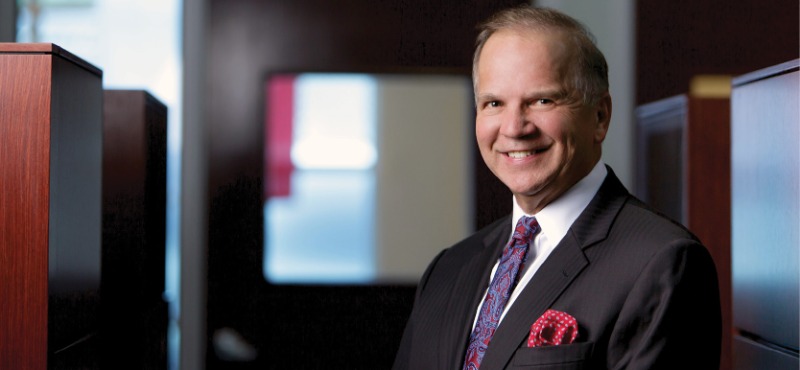Legal commentators routinely sound the alarm about the scarcity of civil jury trials in our courts. Equally alarming: how frequently those rare jury trials are tried by so-called litigators—even those with some years under their belt—who lack meaningful jury-trial experience.
This problem harms clients and puts the legal professional’s reputation at risk. Despite their decline in frequency, jury trials continue to decide our largest and most important civil disputes.
Clients and “experienced litigators” alike mistakenly believe that litigation skills and experience are fungible. They assume that a lawyer who has litigated bench trials, complex arbitrations, or injunction hearings must also possess the requisite aptitude to persuade jurors. Too often they’re wrong. Context is crucial—and so is practice. Just because a lawyer has tried a few jury trials, or even won a verdict or two, doesn’t necessarily mean he’s trying cases with excellence. As a judge once remarked upon taking a jury verdict in a poorly tried case: “In our system, someone has to win.”
How can we make sure clients facing civil jury trials will receive expert, high-level service? How can we be certain jurors will sit for a trial that enables them to do their job properly—and to enjoy their service as much as possible? One way is to request a “last-minute” trial consultation.
What Is a Last-Minute Trial Consultation?
A last-minute consultation is an evaluation provided by highly experienced jury-trial lawyers in a lawsuit with, yes, an impending jury trial. These consultations are especially important when a case is disrupted due to a key witness giving surprising testimony at deposition, or when a client lacks confidence in litigation counsel’s evaluation or trial preparation. In these circumstances, a consult with an experienced jury-trial lawyer can help calm the waters.
Despite their name, these consults should occur well before the trial date—roughly 90 to 120 days, ideally. Depending on the case and the issues to be tried, though, they can be useful even if they happen just weeks in advance.
What Are Common Warning Signs That Your Case Needs a Last-Minute Trial Consultation?
There are many red flags that indicate you need help outside of your immediate trial team. The most common:
1. Your case is growing larger and less comprehensible as trial approaches. Done properly, litigation should gradually narrow the issues the jury will decide. Even the largest civil cases eventually winnow to a figurative handful of key documents and issues. If instead your case is expanding to include more parties, new claims and defenses, newly discovered documents, and endless procedural motions and disputes, something is awry, and properly preparing for trial becomes extremely difficult. A fresh look from an experienced trial lawyer can help your team decide which battles deserve to be fought, and whether they’re being properly prepared for the jury.
2. You feel like you’re in an echo chamber. As a general rule, civil cases go to trial when one side is making a serious mistake in evaluating its case: They’re not imagining, discussing and truly hearing the opposing point of view. They’re not subjecting their key witnesses to rigorous mock cross-examination and honest (but constructive) feedback. They’ve grown too close to their case and too enamored of their own advocacy. This is part of the recipe for a bad verdict. Excellent jury-trial lawyers rigorously test and challenge their case theories early and often. A last-minute consultation with an experienced jury-trial lawyer can provide invaluable help with this.
3. Your case lacks a coherent story that will help educate and persuade the jury. As the trial approaches, your litigation team must develop a jury-friendly story. The team—lawyers and witnesses—must know the story and train themselves to communicate in the words and themes you’ll present. When being introduced to a pending case, we always ask (and expect) a team to be able to succinctly tell us their side—their story—in words a jury will understand. Surprisingly often, neither client nor lawyer can do this. Frequently, they’ve allowed their opponent to frame the case, and they’re simply reacting to the opponent’s story. For example, as the defense team, you should not persistently describe your case as a “whistleblower case” if you deny that the plaintiff was a whistleblower. Similarly, are you defending a “fraud case” or a “seller’s-remorse case”? Why do the lawyers repeatedly talk about the “contract claim” while the client speaks only about fiduciary duties? If your team isn’t collectively immersed in its trial story and verbiage as the trial approaches, you need a consult to hone your message.
"Excellent jury-trial lawyers rigorously test and challenge their case theories early and often."
Will this consultation disrupt our case or our client relationship?
Experienced jury-trial lawyers honor the importance of the team. They define and respect the roles of each member. They can take a role on your trial team without disrupting your case. A last-minute consultation can be limited to pretrial consulting assistance (such as helping identify and adjust jury themes, preparing voir dire, or assisting with key witness preparation), or it can involve active—first- or second-chair—participation at trial. Lawyers who provide this service take pride in refraining from disrupting long-term attorney-client relationships.
What fee arrangements can we use?
Last-minute consultations can operate via traditional hourly billing or alternative arrangements. Depending on the scope of services, the consultation can employ success fees, capped fees, contingent fees, or other hybrid-fee arrangements.
To truly serve our clients (and the jurors), lawyers should seek last-minute trial consultations more often. Litigators experienced in complex arbitrations and bench trials are accomplished professionals, but such experience doesn’t necessarily translate to jury-trial excellence. A last-minute consult with a highly experienced jury-trial lawyer can support your litigation team, bringing great value at little risk.
John Hill is Buckingham’s Litigation Practice Group Chair. He is a trial attorney who represents business owners, with a focus on doctors, lawyers, and other professionals. John has tried approximately 75 civil cases to juries over a 30-year career. He handles cases involving business interference, shareholder disputes, contract and insurance disputes, and other complex commercial litigation. John serves as boardroom counselor for clients who recognize the value and perspective an experienced courtroom lawyer can bring to a dispute before litigation begins.
